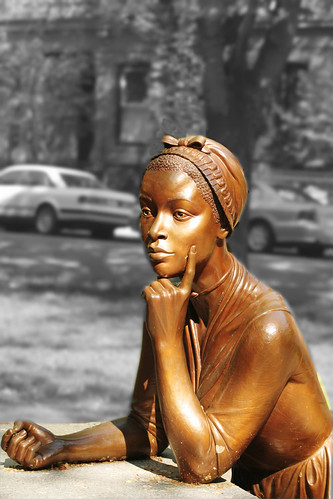We run our website the way we wished the whole internet worked: we provide high quality original content with no ads. We are funded solely by your direct support. Please consider supporting this project.
An Open Orthodoxy
Our friends Tom Belt and Dwayne Polk recently started a blog called An Open Orthodoxy. This is going to be something you’ll want to follow. Really smart guys with something to say. They posted this clarification on the defining claim and core convictions of open theism that hits the nail on the head.
From the blog post:
To summarize, then. God is love, and he creates for benevolent purposes which include creation’s coming to participate in and reflect the love that he is. This glorifies God, and this glory is the end for which all things are created. To fulfill this end, God endowed us with a certain freedom, and this freedom in turn entails certain risks. Open theists reason from these three core convictions — divine love and a free and risky creation — to the conclusion that God knows the open future as a branching of possible ways or paths the world might and might not take. But from the open theist’s point of view, these core convictions are the heart and soul of the view. The conclusion that God doesn’t eternally foreknow in every conceivable detail precisely how the world’s possibilities will unfold (which claim has received all the attention) is — to put it surprisingly but perhaps more accurately — the most uninteresting thing about the view. For us it’s not particularlyabout foreknowledge; it’s about freely becoming what God purposed us to be. It’s abouttheosis. The foreknowledge piece turns out to be just the most consistent way we know to express it.
Amen.
Category: General
Tags: An Open Orthodoxy, Dwayne Polk, Open Theism, Tom Belt
Related Reading

How do you respond to Isaiah 48:3–5?
The Lord proclaims to his idolatrous people, “The former things I declared long ago, they went out from my mouth and I made them known; then suddenly I did them and they came to pass. Because I know that you are obstinate, and your neck is an iron sinew and your forehead brass, I declared…

Sermon: God Needs Prayer
In this sermon clip, Greg Boyd discusses some of the challenges we face when praying. The full sermon wrestles with questions like: If God is all-powerful, does he need our prayers to change this world? And is it even worth praying if we can’t see the results? Greg addresses these questions as he begins a…

So Much Evil. Why?
In light of the profound evil being experienced by the people of Paris and countless other locations around the world, we thought we would raise again the question that many ask when things like this occur: Why? Of course, Greg has spent much of his writing and speaking energy addressing this. Here is a basic,…

How do you respond to Matthew 16:21?
“From that time on, Jesus began to show his disciples that he must go to Jerusalem and undergo great suffering at the hands of the elders and chief priests and scribes, and be killed, and on the third day be raised.” The ministry and death of Jesus are the centerpieces of God’s plan in world…

What do you think of Thomas Aquinas’ view of God?
Question: You have written (in Trinity and Process) that the relational God of the Bible is the antithesis of the immutable God of Thomas Aquinas. Could you explain this? Answer: Aquinas and much of the classical theological tradition borrowed heavily from Aristotle’s notion of God as an “unmoved mover.” God moves the world but remains…

What is the significance of 1 Samuel 13:13–14?
Because of Saul’s rebellion, Samuel tells him, “The Lord would have established your kingdom over Israel forever but now your kingdom will not continue.” The biblical narrative depicting God’s dealings with Saul up to this point is predicated on the assumption that God intended to establish Saul’s descendants as the permanent heir to the throne…

